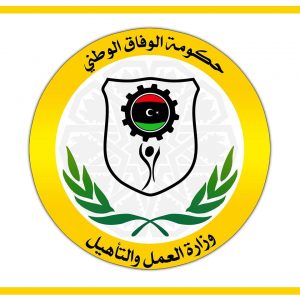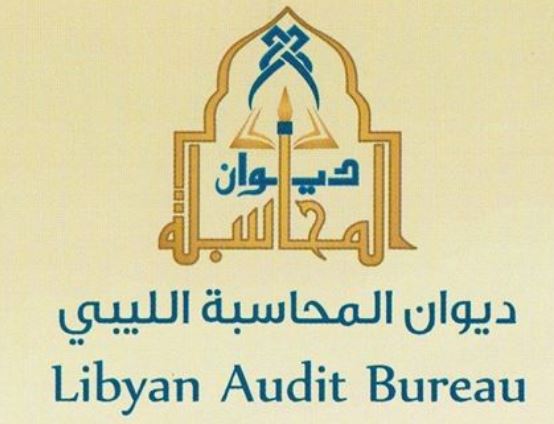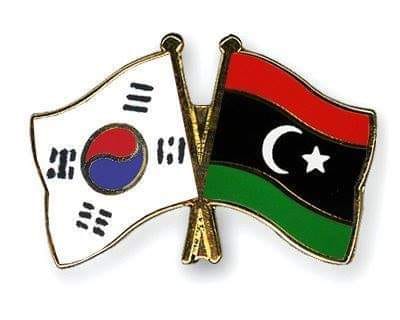By Sami Zaptia.

London, 19 July 2020:
The Information and Documentation Centre of Libya’s Tripoli-based Ministry of Labour and Rehabilitation announced Saturday the launch of its newly updated website soon.
The updated website will include databases of Libyan citizens, whether working in the public sector or working outside the administrative apparatus, self-employed, civil and participatory activity, private sector workers, foreign and local companies and job seekers.
All Libyans of working age will be able to register their data in their respective fields, the Ministry said, adding that the database will hold a profile for each citizen with all the basic and additional information related to the specialty and will be available for electronic application by the job seeker.
All the transactions will be completed electronically in coordination with all regional Labour and Rehabilitation offices in order ease transactions for citizen.
It will be recalled that in March this year the same Labour Ministry announced there were
118,000 Libyans officially registered as looking for work in 2019. These were the numbers registered in its database covering the whole of Libya, the Ministry had said.
The regional breakdown for the figures were:
- 13,508 in the south
- 7,330 in the east
- 65,196 in the west
- 31,984 in the central region
It will be recalled that Libya suffers from high unemployment especially in the youth sector – which is considered one of the highest in the Maghreb region.
According to the World Bank, Libya’s labour market is skewed toward the public sector, which employs more than 80 percent of the formal workforce, while the private sector employs just 4 percent of Libyans.
Unemployment was reported at around 15 percent in 2013 down from a high of 20 percent in 2010. However, unofficial estimates suggest that the actual figure is closer to 30 percent with the rates for youth estimated at 50 percent. Most of these unemployed reportedly hold university degrees.
In several reports over the years, the World Bank has put this to the skills mismatches in Libya’s labour market needed to generate a vibrant private sector. This includes the lack of access to financing, uncertainty in the legal environment and a fragile security situation – preventing private sector growth.
More pertinently for Libya, the need and hope for Disarmament, Demobilisation and Reintegration (DDR) of its militias is very much linked with the Libyan state and economy being able to create enough work opportunities for its waring militias – to pry militiamen away from their weapons.
https://www.libyaherald.com/2020/07/03/libya-has-2-3-million-state-sector-workers-labour-ministry/
https://www.libyaherald.com/2020/03/01/118000-libyans-officially-looking-for-work-ministry-of-labour/










